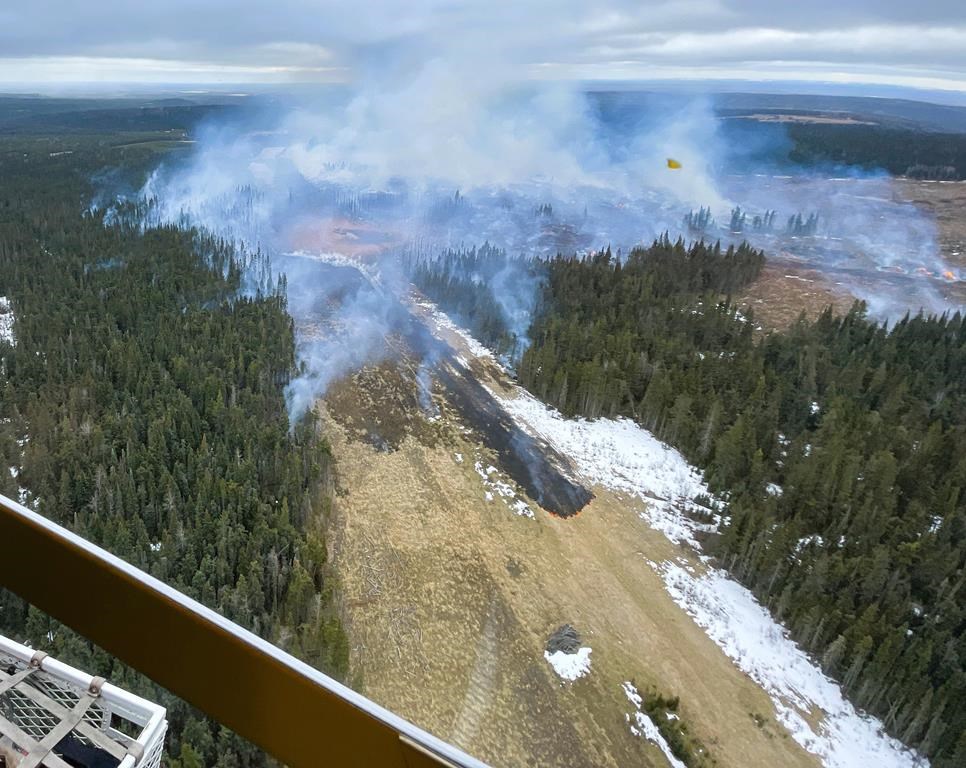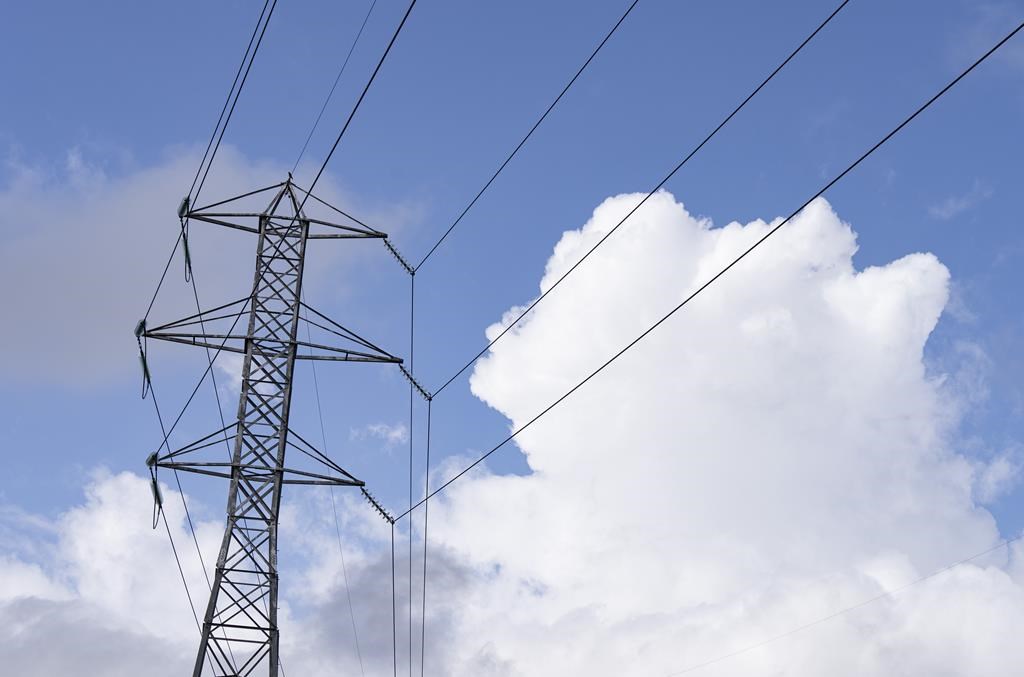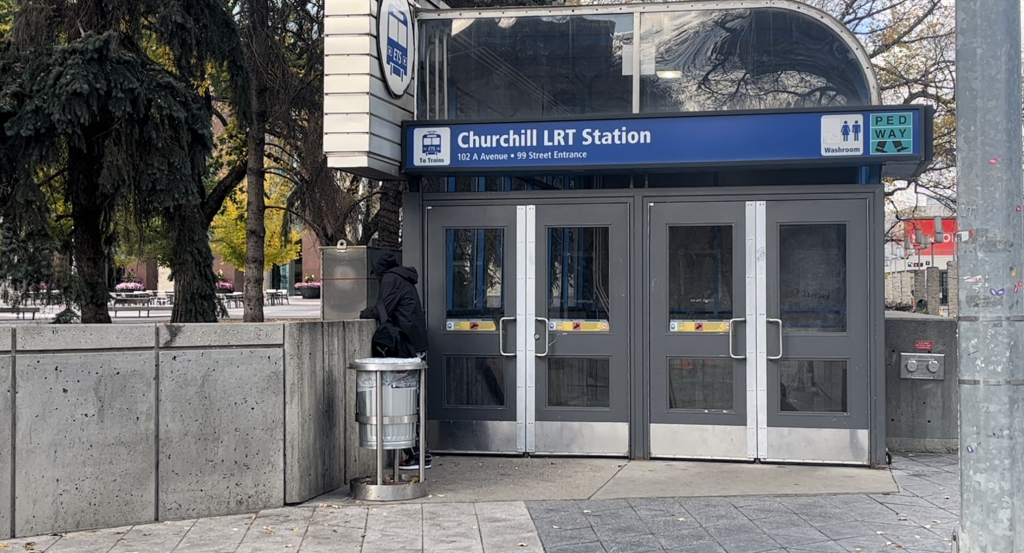Rethinking Remembrance Day: ‘Global 1918’ takes a look at how we honour the fallen
Posted November 11, 2018 9:16 am.
This article is more than 5 years old.
VANCOUVER (NEWS 1130) — Today marks 100 years the end of World War One, but one UBC history instructor wants to challenge the way we think about the Great War.
In her essay Global 1918, Doctor Tara Mayer says there is a tendency to “whitewash” certain aspects of the conflict. As the British Empire was still a global major force during in the early decades of the 20th century, it could tap resources from all over the world, including human capital for the war effort.
“For example, Britain drew very, very heavily on manpower from India,” she explains. “The volunteer corps, the volunteer army that was raised of Indians was the largest ever in human history, over a million strong.”
She also points out the contributions of aboriginals tend to get overlooked as well.
“Here in Canada, we don’t often appreciate that about 4.000, plus, men from First Nations communities all over Canada also participated in the Canadian war effort.”
Mayer is challenging us to “open our lens,” so to speak. She says it’s important to think critically, especially when taking in national commemoration rituals like Remembrance Day.
“Who are Canadians in 2018? Which stories are we hearing? Who is officiating, what is being recited or read and conversely whose stories are being forgotten? What is being left out of what we’re witnessing,” she says.
“So many of us have heritages from all over the world and so the ways in which we commemorate, I feel, should reflect this global story.”
Global 1918 is published in the new book Memory available from UBC Press.








